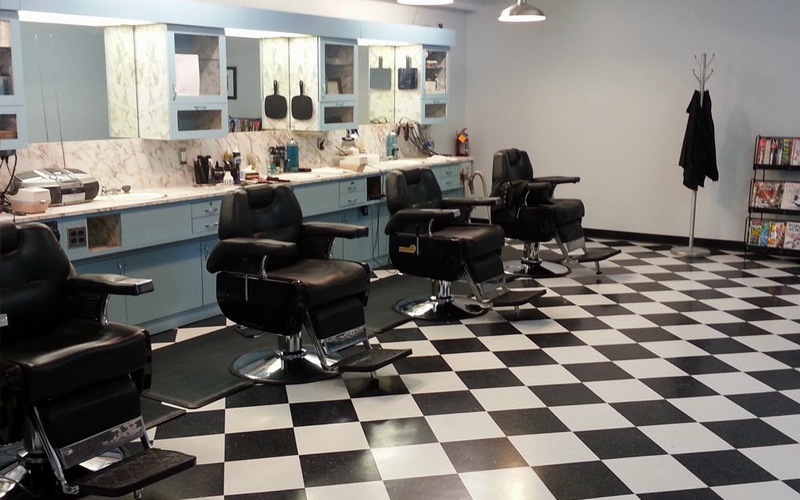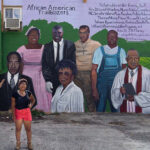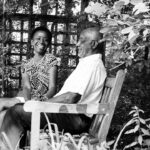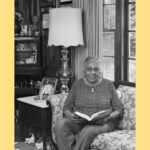Step Edwards has operated Chapel Hill Barber shop for most of his life. He still rents the building on Rosemary Street, Chapel Hill, but due to COVID’s hit on small businesses, the family had to sell the building that’s been with the family for as long as Step can remember.
His father, Stephen Edwards, opened Midway in 1952, making the store the oldest African-American owned business in Carrboro. The building has been remodeled a few times since, but the Rosemary Street structure is the same that Step Edwards says he grew up in. Half a century removed from his introduction to barbering, Edwards still shears customers who remember his father and the early days of Midway.
Today they ask that you make an appointment and they will meet you there.
“People come back into town, the first place they come is back here,” Edwards said. “We’ve had guys been gone for 50, 60 years. I had one guy who came in, he said, ‘I remember when that street was dirt.’”
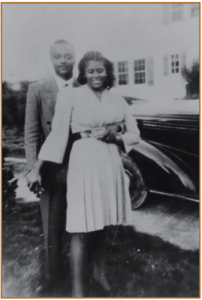
Stephen and Lovelia Edwards, just married in 1946.
A few dozen feet from their home behind the First Baptist Church of Chapel Hill, the Edwards family established a meeting space where families and friends from the African-American community could get their hair cut and socialize. For that non-cosmetic value, plus the shop’s deep roots in Chapel Hill and Carrboro, Edwards says Midway is unique.
“One of my slogans is, ‘If you didn’t come to Midway, you missed a Chapel Hill-Carrboro experience,’” Edwards said. “We do an awesome job, number one. Number two, it’s like family. Everybody seems like they’re at home when they’re here.”
Chapel Hill, of course, isn’t the same city as when Midway opened. The town’s population hovered below 10,000, less than the number of graduate students currently enrolled at UNC.
Edwards says the growth of the town and university have reshaped Midway’s clientele — they seat more students now, and more outside the African-American community — but that Midway has welcomed the demographic shift.
“For me, the biggest change is change, so it doesn’t bother me,” Edwards said.
“Nothing stays the same. If you’re not moving, you’re sitting still, and the worst thing to happen to any town is to be stagnant.”

